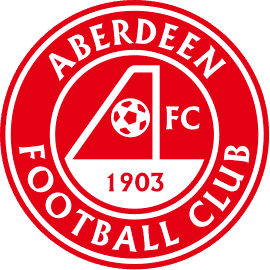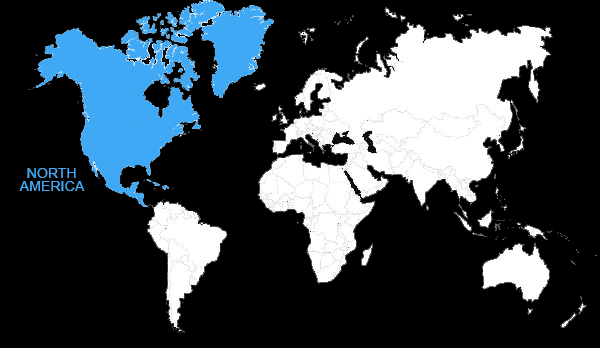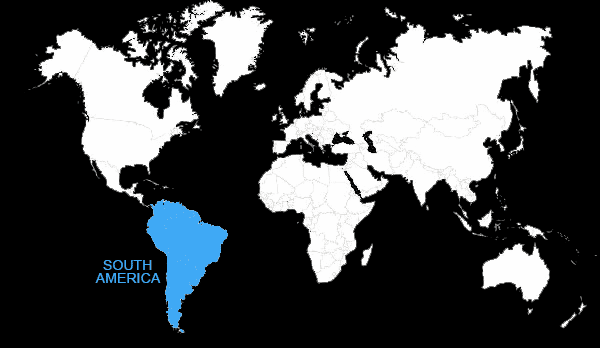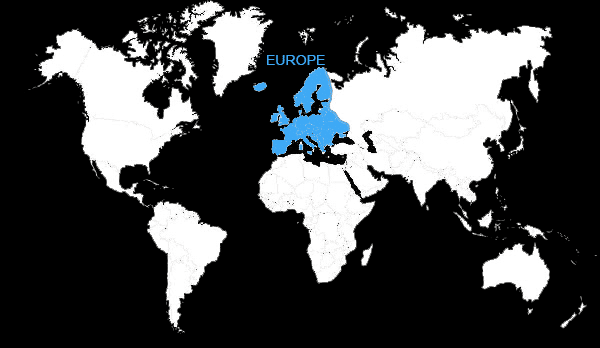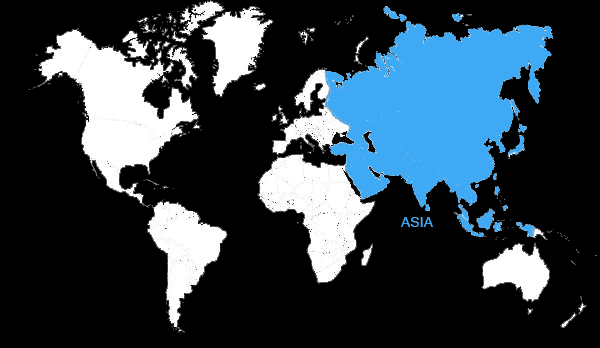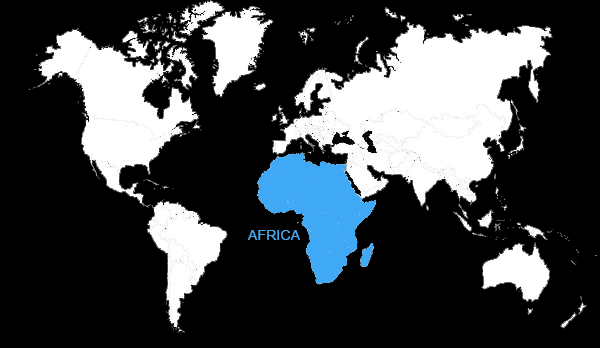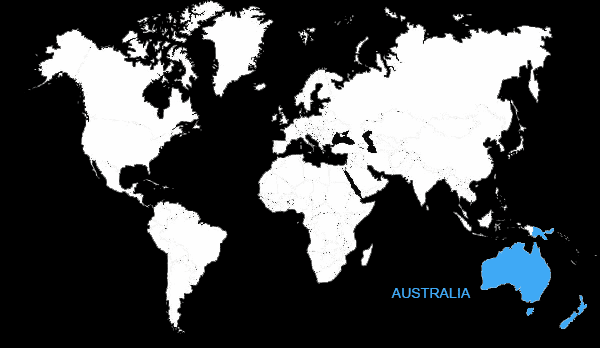Aberdeen FC Tryouts
Aberdeen FC is a Scottish professional football club based in Aberdeen, Scotland. The club currently plays in the Scottish Premiership, the country’s highest football league in Scotland.
Aberdeen FC Youth Development System
Aberdeen FC has a successful Youth Academy system which is led by former player Dons legend Neil Simpson. Neil knows the club well having journeyed through the youth ranks and into the successful Aberdeen Football Club first team of the 1980s. He is well placed to identify the vital ingredients and seedlings of development for young talent striving for a life in professional football having personally played at a high level, and also achieved his Scottish FA Youth and Children’s License and his Youth Directors Award.
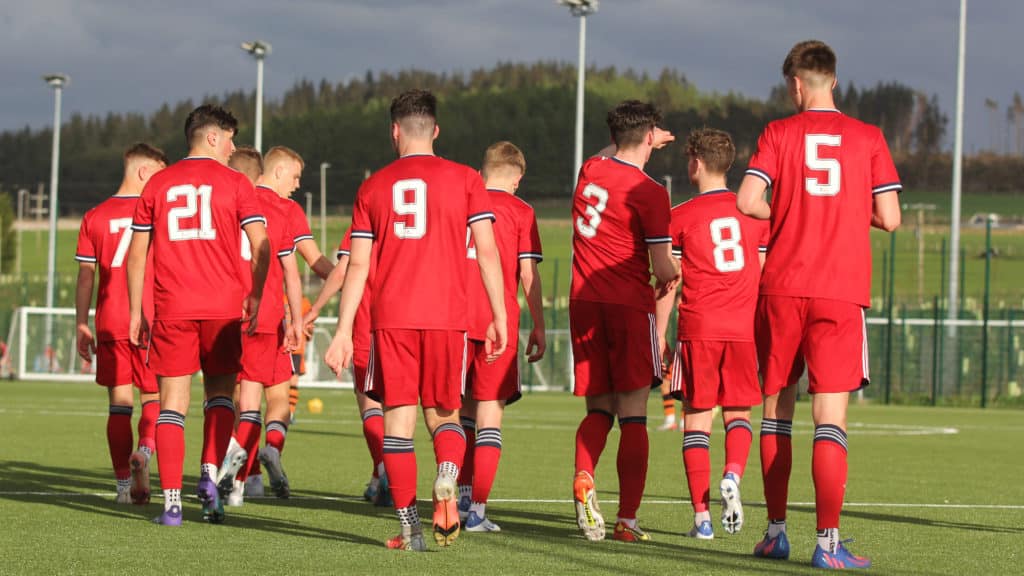
The club’s vision of the Youth Academy is to ensure it is the leading developer of young players in social, physiological, technical and tactical areas, giving due care to their education and welfare, with the ultimate aim of progressing players to the first team. This vision is based on a desire to add value to the Youth Academy and thus optimise each and every young player’s chance of achieving their goals.
A key focus of the Youth Academy team will be to develop opportunities for players and staff to deliver an elite programme and enhance their abilities with the following aims:
IDENTIFY AND RECRUIT…
…the most talented young players and coaches by attracting them to AFC’s Elite Youth Academy programme while encouraging integration.
TRAIN AND DEVELOP…
…players and staff to ensure the consistent delivery of the highest achievable levels of coaching and playing standards.
INSPIRE AND REWARD…
…all members of the Youth Academy family to ensure high levels of player and staff retention.
PROVIDE A VISIBLE PLAYER PATHWAY…
…from Youth Academy level to First Team football.
Aberdeen FC Youth Academy annually attended tournaments in England and compete in Scottish FA Club Academy Scotland fixtures on a weekly basis, against academies form other SPFL clubs.
Aberdeen FC Recruitment Trials
At the time of this writing, there are no official publishings on Aberdeen FC trials. Please come back at a later date while we monitor this club or click here to visit their official Academy page for the latest updates.
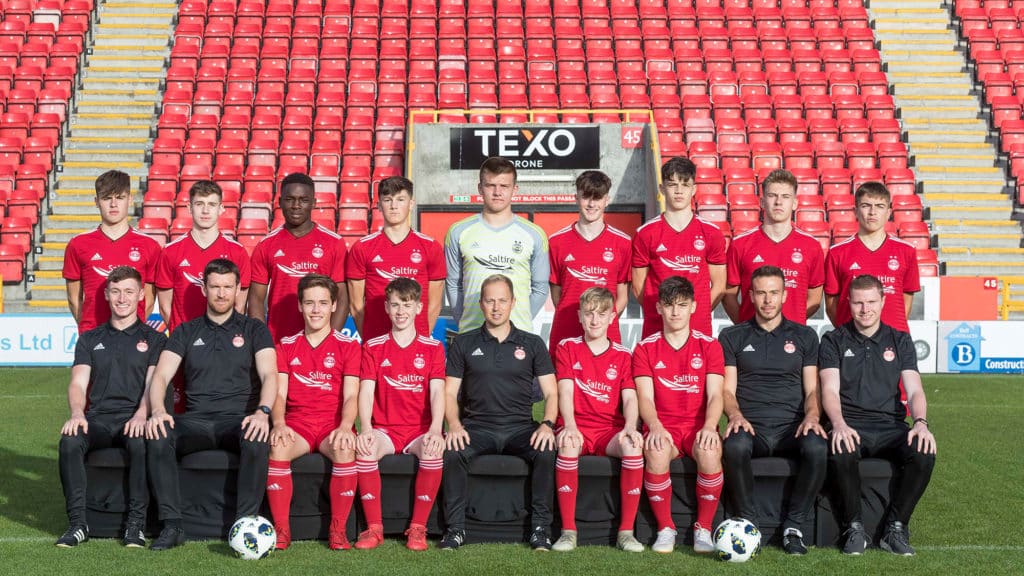
EXPLORE MORE CLUBS!
Explore more professional clubs by continent.
Aberdeen FC History
The present-day Aberdeen Football Team is the result of a merger that took place in 1903 between the city’s original Aberdeen club, Victoria United, and Orion, another local club. On August 15, 1903, the new club competed in its debut game, which resulted in a 1–1 draw with Stenhousemuir. During that inaugural season, the team finished in third place in the Northern League but won the Aberdeenshire Cup. However, the team did win the Aberdeenshire Cup. The club submitted an application to become a member of the Scottish League for the season that would follow, and they were successful in getting elected to the Second Division.
Jimmy Philip served as the club’s manager in the year 1904. Aberdeen were voted to the new and larger Inaugural Division at the conclusion of their first season, despite the fact that they finished seventh out of the twelve teams in the league. Ever since then, they have maintained their position in the highest division in Scottish football. Beginning in 1906, the club made consistent advancements, culminating in a semi-final participation in the Scottish Cup in 1908 and then again in 1911. During the season of 1910–11, Aberdeen achieved their first victories over the Old Firm, which consisted of Celtic and Rangers. During this season, Aberdeen also led the league for a period of time, but ultimately finished the season in second place.
Even if there were cuts in spending and other forms of economy, by 1917 the situation had become intolerable. The war had an effect on the club just as it did on every other organization. Along with Dundee and Raith Rovers, Aberdeen was one of the teams that withdrew from competitive football. On the 16th of August in 1919, senior football resumed, as Aberdeen kicked off their season with a match against Albion Rovers. Philip was still in command, and he continued to watch over a team that was capable of producing nice performances here and there, but which was never quite able to maintain a challenge for the amount of time necessary to win a title. In 1923, Aberdeen won the Scottish Cup by defeating Peterhead with a record-setting score of 13-0. This game was one of the draws for the tournament. After that, Philip took early retirement, and Paddy Travers was promoted to take over as manager. In 1937, he presided over the team as they competed in their first Scottish Cup final.
Donald Colman, who had previously been a player, served as “trainer” for Travers and, in modern language, was the first team coach. In order to better aid his observations, Colman came up with the idea of the dug-out, which is a covered space that is situated slightly below the level of the playing surface.
Soon after it was first implemented, Everton paid a visit to Pittodrie and took the concept back to the English leagues. From there, the concept spread throughout the rest of the football-playing world. In 1939, Travers resigned from his position as manager of Clyde.
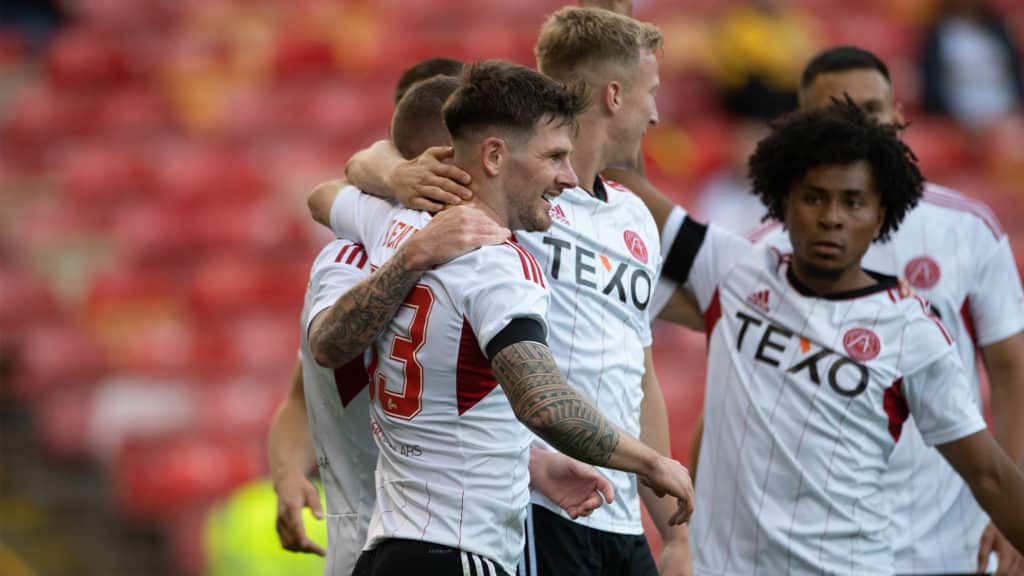
Travers was succeeded as manager of the club by Dave Halliday, a former manager of Yeovil Town. Halliday was one of more than a hundred people who applied for the position. At the same time, the club switched from a black and gold to a red and white kit. When World War II broke out, there was a halt to all competitive football in the United Kingdom. Halliday had just gotten started on his job. While Halliday was away serving in the military for these six years, the club was run in Halliday’s stead by the directors at the time, Charles B. Forbes and George Anderson.
After the war, Halliday became the first manager to win national titles for Pittodrie, which cemented his place in the Aberdeen Hall of Fame and ensured his induction into the hall. In the season 1945–1946, Aberdeen defeated Rangers 3–2 at Hampden to win the Southern League Cup and take home the trophy. They then advanced to the final of the 1947 Scottish Cup, when they won their first major trophy with a 2–1 victory over Hibernian. The winning goal was scored by George Hamilton, who had been signed from Halliday’s previous side, Queen of the South. As a result of their early success, Halliday’s team advanced to the final of the Scottish Cup two more times, in 1953 and 1954, however they were unsuccessful both times. However, Halliday’s players were not going to let anything stand in their way, and the next season, 1954–1955, Aberdeen won their first Scottish League title. Despite having won the league, the team did not take part in the first tournament for the European Cup. Instead, the position for Scotland was given to Hibernian, who had been given a special invitation to compete.
At the conclusion of that season, which ended with the team having won the championship, Halliday and Hamilton both departed, and Davie Shaw took over for Halliday.
Under his direction, Aberdeen triumphed over St. Mirren to take home the League Cup in 1955–1956 and advanced to the final of the Scottish Cup once more in 1959. In 1959, however, Shaw made way for Tommy Pearson, another player who had been a fan favorite in the past. During Pearson’s tenure as manager, the team saw a large player turnover, although they were unable to win any titles. In 1965, he took his retirement, paving the way for Eddie Turnbull.
It was under Turnbull’s leadership that Aberdeen advanced all the way to the final of the Scottish Cup in 1967, where they were finally defeated by Celtic.
The fact that Aberdeen made it all the way to the final of this competition, the club’s very first time competing in European competition, helped them earn a spot in the European Cup Winner’s Cup for the following season, despite the fact that they ended up losing. Their first match resulted in a triumph by an aggregate score of 14–1 over KR Reykjavik, but in the second round they were defeated by Standard Liège by an aggregate score of 3–2. Two years later, in 1969–1970, Derek “Cup-tie” McKay of Aberdeen scored the only four goals of his Aberdeen career to help his team win the Scottish Cup. McKay scored the goals that won the quarterfinal and semifinal matches, as well as two goals in the championship match itself. As the current owners of the Scottish Cup, Aberdeen automatically qualified for the same competition again, but they were knocked out of the competition in the first round after tying Honvéd 4–4 on aggregate. This match, which was tied after extra time and also tied on away goals, was decided by the first ever penalty shootout in the history of a UEFA competition. The shootout took place in Budapest, and Honvéd emerged victorious with a 5–4 score.
Throughout the 1970s, the Aberdeen side was consistently a contender for several domestic honors. Despite this, they were only successful in winning trophies on a few occasions, most notably the Drybrough Cup in 1971 under the direction of Jimmy Bonthrone and the League Cup in 1976 under the direction of Ally MacLeod. During this decade, Aberdeen was led by Eddie Turnbull, Jimmy Bonthrone, Ally MacLeod, Billy McNeill, and Alex Ferguson, who were the club’s five different managers. They competed in the finals of two more national cups: the Scottish Cup in 1978, when Billy McNeill was the manager, and the League Cup the following year, when Alex Ferguson took over as manager.
In the span of seven years, the club won three league titles under Ferguson’s direction, as well as four Scottish Cups, one League Cup, the European Cup Winner’s Cup, the European Super Cup, and the Drybrough Cup. All of these trophies were won in competitions held in Europe. The team’s success was built on the shoulders of players like Jim Leighton, Willie Miller, Alex McLeish, and Gordon Strachan, among others. This initial success was built upon by Aberdeen, who went on to win the Scottish Cup three years in a row, from 1982 to 1984, as well as two more league titles in 1983–84 and 1984–85. Aberdeen’s second League title was won in 1979–80, and this initial success was built upon by Aberdeen.
Aberdeen advanced to the final of the European Cup Winners Cup in 1983 by claiming victories against FC Sion, Dinamo Tirana, and Lech Pozna before taking on Bayern Munich, the team that had won the German Cup. After a scoreless draw in Germany, this match was decided by a score of 3–2 at Pittodrie, with John Hewitt scoring the game-winning goal. In the subsequent semi-final, they were pitted against the now-defunct Belgian team Waterschei. As a result of Aberdeen’s aggregate victory, which allowed them to advance to the championship game despite suffering their first defeat of the tournament while playing away from home, the score was 5–1. After extra time on May 11, 1983, Aberdeen defeated Real Madrid 2–1 to win the cup. With this victory, Aberdeen became only the third Scottish team in history to win a European trophy. To commemorate their upcoming appearance in the championship match, the band issued a single titled “European Song.” This was followed up by the winning of the European Super Cup in December, as Hamburger SV was defeated over the course of two legs of the competition.
In the 1983–1984 season of the European Cup Winners Cup, Aberdeen made it all the way to the semi-finals before being eliminated by Porto by a score of 2-0 on aggregate. The match between Aberdeen and BFC Dynamo in the first round of the 1984–1985 European Champion Club’s Cup was decided by a penalty shootout, which BFC Dynamo won 4–5, after the match was tied 3–3 after regulation and extra time. Both clubs now have cordial relationships with one another.
After Alex Ferguson left Aberdeen to become the manager of Manchester United in November 1986, Aberdeen had a difficult time competing with Celtic and a revitalized Rangers team.
In 1989, Aberdeen brought on new co-managers, Alex Smith and Jocky Scott, who were paired together.
A number of players from other countries, including Theo Snelders and Hans Gillhaus, both of whom have represented the Netherlands at the international level, have been signed. The club was crowned champion of both the Scottish Cup and the Scottish League Cup during the 1989–1990 season. In 1991, they were defeated by the Rangers in the final game of the season, which cost them the league championship. Willie Miller, a former player for Aberdeen, took over as manager in 1992 and presided over two seasons during which the team came very near to winning the championship. In spite of this, the club finished the 1994–1995 season in second-to-last place, and they were only able to keep their Premier Division status thanks to a play-off victory over Dunfermline Athletic. Miller was fired in February of 1995, and Roy Aitken was brought in to take his place. Despite having won the Scottish League Cup in 1995, the team remained unsuccessful throughout the following years. Alex Miller and Paul Hegarty both served as chairman of the club during the late 1990s. However, when the club went into debt for the first time in its history due to the cost of a new stand, the directors of the club hired Stewart Milne, a local businessman whose company had built the stand, to serve as chairman of the club.
Ebbe Skovdahl, who was appointed as Aberdeen’s first and only foreign manager in 1999, presided over the club during a period during which it suffered some of its most crushing defeats in its whole illustrious history. The worst season in the club’s history was 1999–2000, when they finished dead last in the standings. This was the lowest moment in the club’s history. As the Scottish Premier League (SPL) was expanding from ten to twelve teams, Aberdeen was scheduled to compete in a three-way play-off with the teams who placed second and third in the First Division. The winner of this match would advance to the Scottish Premier League (SPL). However, the play-off was never held since one of those clubs, Falkirk, did not meet the qualifications to remain in the top level of the Scottish Premier League (SPL), thus Aberdeen maintained their position in the top flight. After this, in the UEFA Cup of the next season, they suffered an early-season loss to the Irish club Bohemians, which was decided on the away goals rule.
After Skovdahl’s resignation in 2002, Steve Paterson was chosen to succeed him as head coach, however he was only in charge for a total of two seasons. During his time in Aberdeen, Paterson’s alcoholism was a major distraction for the company. After a night of drinking the night before the match, he was too hungover to make it to the home game against Dundee in March of 2003. This caused him to miss the game.
Since Jimmy Calderwood took over as manager in 2004, Aberdeen has maintained a higher level of consistency in terms of their performance. The team finished in third place in the league in the 2006–2007 season, which allowed them to go to the final qualifying round for the UEFA Cup in the 2007–2008 season. Aberdeen advanced to the next round by virtue of their victory over Dnipro based on the away goals rule (the first time Aberdeen had won on away goals in European football for 40 years). After that, they were successful in defeating F.C. Copenhagen by a score of 4-0; it was the largest margin of victory and one of the largest audiences seen at Pittodrie since the 1980s. This resulted in Aberdeen having to play the German powerhouses Bayern Munich, a match which they ultimately lost 7–3 on aggregate following a draw (2–2) in the first leg, in which Aberdeen had the lead twice. On May 24, 2009, Aberdeen kicked off Calderwood as manager, just a few hours after the club finished in fourth position and qualified for Europe again under his leadership. It was speculated that Calderwood was let go because of his team’s poor performance in domestic cup competition.
In June 2009, local resident Mark McGhee of Motherwell was selected to succeed Calderwood in his role as representative.
Jim Leighton, a legendary figure associated with Aberdeen who served as the team’s goalkeeping coach, was removed from his position by McGhee in August 2009 and replaced with Colin Meldrum. On November 6, 2010, Aberdeen was handed its worst loss ever, a 9–0 setback against Celtic. This was the club’s first match against Celtic. In the end, in December of that year, McGhee and his aides were fired from their positions.
Aberdeen made contact with Craig Brown, who was serving as interim manager at Motherwell despite not having a contract with the club. Brown first rejected an offer, but following additional conversations with the club, Brown eventually resigned as the manager of Motherwell. Two days later, Brown was named the new manager of Aberdeen. It was Brown and Archie Knox’s first order of business as the new management team that they immediately reinstated Leighton. Craig Brown was unable to lead Aberdeen to improved results during his time as manager, therefore in March of 2013, he announced his retirement from the position and accepted a position as a non-executive director on the board of the club.
In March of 2013, it was announced that Derek McInnes would succeed Craig Brown in his position. During McInnes’ first year as Aberdeen’s manager, the club’s first trophy in the previous 19 years came in the form of the Scottish League Cup, which they won by defeating Inverness 4–2 on penalties. After finishing third in the Scottish Premiership, Aberdeen started the following season by advancing through the early rounds of the Europa League. They defeated the Dutch team FC Groningen on their way to being knocked out of the competition by the Spanish side Real Sociedad. The club finished each of the seasons in 2015, 2016, and 2017 in second place, which was their highest finish in the league since 1993–1994 In the competitions for the Europa League in recent years, they have been eliminated in the third qualifying round four times. In the 2015–16 season, they were defeated by FC Kairat; in the 2016–17 season, they were eliminated by NK Maribor; in the 2017–18 season, they were eliminated by Apollon Limassol; and in the 2019–20 season, they will be eliminated by HNK Rijeka.
In the 2016–17 season, Aberdeen finished in second place in the league once again and advanced to both cup finals. However, in the League Cup final, they were defeated by Celtic 3–0, and in the Scottish Cup final, they were defeated by the same opponents 2–1. This result was similar to the one that occurred in the 1992–1993 season, when Aberdeen finished second to Rangers in all competitions.
The following season, they finished in second place once again, and in the final game of the season, they defeated Celtic away from home for the first time in fourteen years and earned their first league victory.
As a result of this, they were eligible to compete in the 2018–19 UEFA Europa League, although they were eliminated in the second qualifying round by a team from the Premier League named Burnley after extra time.
As part of a strategic collaboration between Atlanta United FC and Aberdeen, which began in November 2019, Atlanta United FC spent £2 million (US$2.57 million) to purchase a share in Aberdeen that was less than 10 percent but still more than zero percent. As a result of this transaction, Dave Cormack, who had been serving as the club’s vice chairman, was promoted to the position of chairman, taking Stewart Milne’s place. In addition to his role as president of Atlanta United, Darren Eales has joined the board of directors at Aberdeen. McInnes resigned from his position as manager of Aberdeen in March 2021, after having served in that capacity for approximately 8 years. McInnes was succeeded as manager of Aberdeen by Stephen Glass, a former player for Atlanta United 2 and Aberdeen. Glass was let go from his position as manager of St. Mirren in February 2021, and Jim Goodwin took over in that role.
Aberdeen FC Stadium
Pittodrie Stadium has been the home field for Aberdeen Football Club for their entire history. The name of the stadium comes from the Pictish word for “place of manure.” The original Aberdeen F.C. utilized the stadium for the first time in 1899, when they defeated Dumbarton 7–1; when they combined with two other teams in 1903, the new club took over the old Aberdeen stadium.
It was the first game ever played at Pittodrie by its combined tenants, and it drew 1–1 against Stenhousemuir on August 15, 1903, in front of 8,000 people. The game was between the new Aberdeen and Stenhousemuir. Initially, the club had a rental agreement for the field, but in 1920, they purchased it outright. Currently, there are 20,866 seats available in the stadium. The highest crowd ever recorded was 45,061, which occurred on March 13, 1954, during a Scottish Cup match between Aberdeen and Hearts.
The stadium consists of four stands: the Main Stand, which also houses the club offices and players facilities; the Merkland Road Family Stand; the South Stand, which is opposite the main stand and holds the largest number of spectators; and the Richard Donald stand to the east, which was completed in 1993, contains hospitality suites, and is named after a former chairman named Dick Donald. All of these stands are located within the stadium.
The South Stand has been partitioned off so that a fourth of it can be used to house away fans. In 1978, Pittodrie became the first stadium in Britain to have completely covered seating for all of its spectators.

